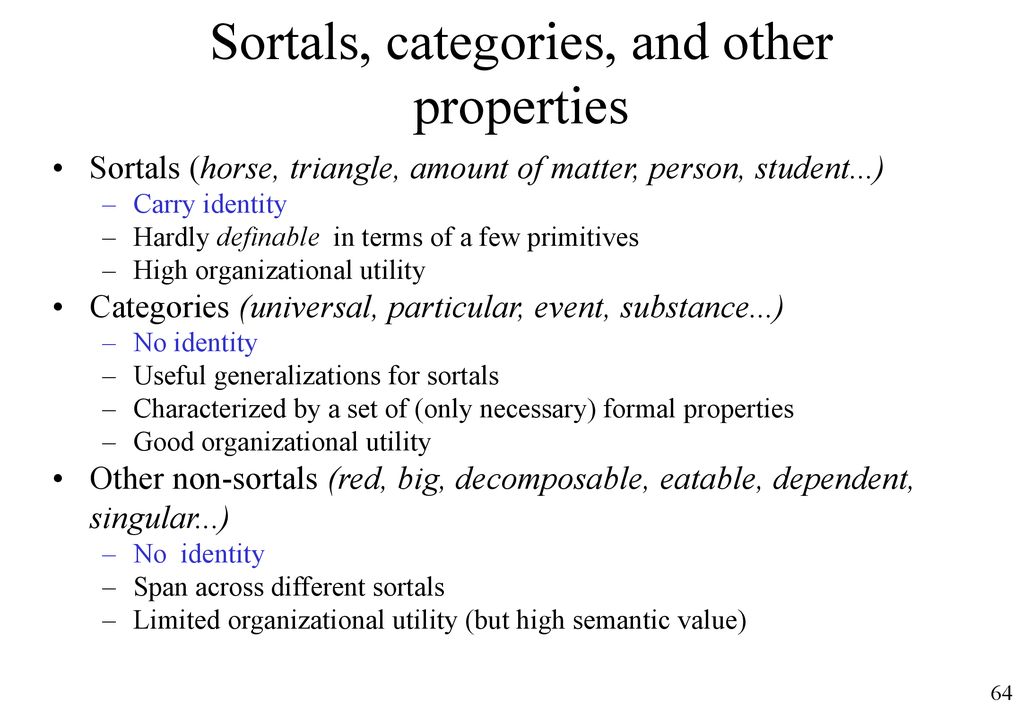What exactly do we mean when we say that “nothing matters”? More than sixty years ago, the British philosopher Richard Mervyn Hare attempted to answer this question in an early essay.1 The way he answers it is intended to convince us that the view that “nothing matters” is an untenable position, and quite obviously so.
Hare starts his essay by relating the story of a young Swiss student staying with the Hares, who after reading Albert Camus’ L’Etranger (The Stranger) suddenly became convinced that “nothing matters”.
Hare then proceeded to talk him out of it in Socratic fashion: when we say that something matters what we do is express concern about that something. Concern, however, is always somebody’s concern. Therefore, when I say that something matters, I express my concern for it. I am saying that it matters to me. Accordingly, when you say the same, then you express your concern for that thing. You are saying that it matters to you. Neither of us is then really saying anything about the thing in question. We are only saying something about ourselves.

Now most of us are in fact concerned about many things. And so, apparently, was Hare’s Swiss student, which means that things did matter to him, which means that they did matter, period. For the statement “nothing matters” to be true it would have to be true that the one who makes the statement is not concerned about anything at all. So, if I am the one who says that nothing matters, then this is true if and only if nothing matters to me, and if you are the one who says it, then it is true if and only if nothing matters to you. Yet if it were true that nothing mattered to me, why would I then bother to make that statement in the first place? It seems I would at least have to care enough to find it worth pointing out that nothing matters, in which case I would have immediately contradicted myself.
The reason we may not be immediately aware of this contradiction is that we tend to misunderstand the function of the word “matters”. Its function is to express (somebody’s) concern. It does not tell us anything about the nature of things. Contrary to what we seem to think when we declare that nothing matters, mattering is not something that things do. My neighbour may both chatter and matter, but while the chattering is something that she actually does, the mattering is not. In that sense it is quite true that things do not matter (which is to say that they do not engage in an activity called mattering), from which we can easily, but mistakenly, infer that nothing matters: we take a deep and hard look at things, fail to observe any mattering activity in them, and then conclude that nothing matters. However, we have looked in the wrong place. We should have looked at ourselves. If we had done that, we would most likely have found that some things …
Read the full article which is published on Daily Philosophy (external link)






